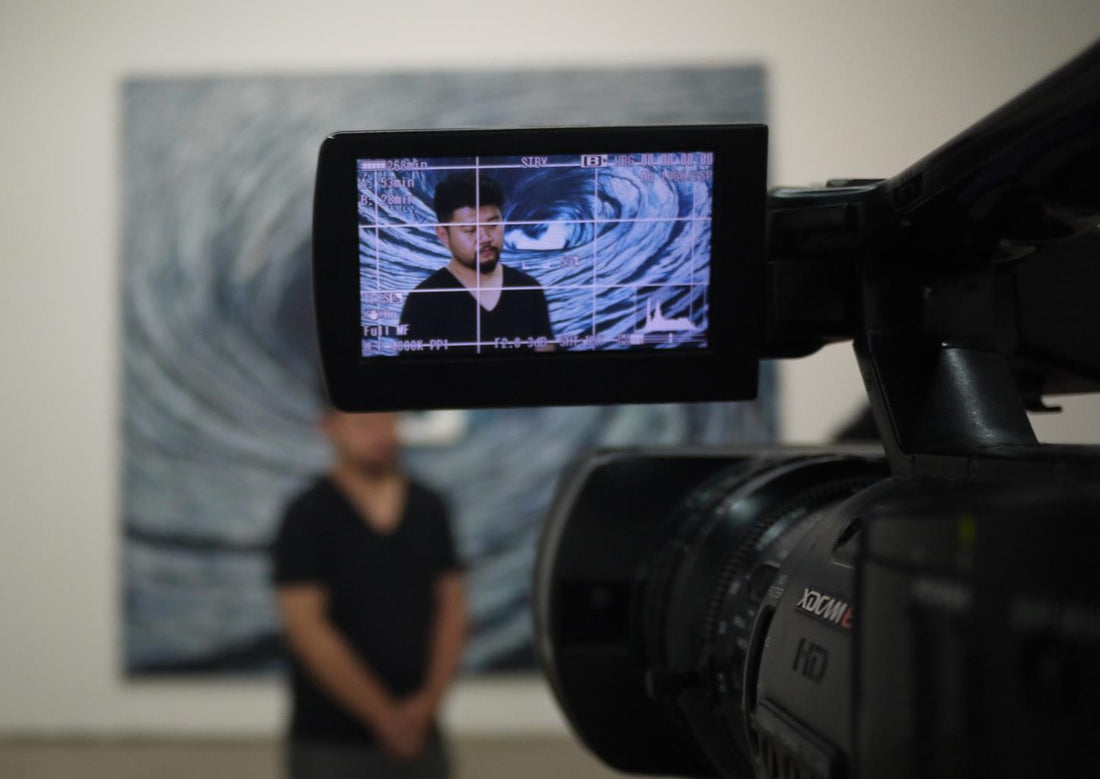Threshold,Solo Exhibition,Space Station Gallery, BeiJing,2015














There is a modified remote-controlled automatic vacuum cleaner in Shang Chengxiang's studio, carrying a brain and running around the room.
An automatic vacuum cleaner is like a simple body, with automatic and mechanical reflexes. However, in the constant gaze of "me", conscious mental intervention is necessary to complete the true meaning of behavior. This simplified principle based small machine fascinates him. If other sensory systems are removed, what kind of existence is the brain? Which one is the inner self? Really me? Is there a conscious mind before taking action, otherwise there is no physical actor for this behavior.
Researchers of the brain believe that the brain is like a kidney or liver, another organ that belongs to the realm of physics and biology. And at the level of mind and psychology, it is distinguished that whether it is neuroscientists, psychologists, or artificial intelligence researchers, they often infinitely delay the study of consciousness. When we input signals from various sensory systems, what exactly makes instructions and outputs them? Shang Chengxiang realized this issue early on, and his interest has always been in the study of the brain and mind.
The Descartes Theater is where the "true self" observes the reproduction of external things in the mind, just as I watch my brain vacuum cleaner outside. The self is an observer of the self, and the self is a thinker that distinguishes itself from the existence of the body in other ways. A severed isolated "brain in a cylinder", with input and output embedded in an automated machine for movement. Removing the senses and a new understanding of reality and existence by the mind can open up more possibilities for human thinking.
I am watching my performance, and the dualism of interaction in Descartes in the 17th century has always been the basis for discussing and refuting the mind. Now, neutrinos, antimatter, and black holes have been incorporated into the standard scientific ontology, and some believe that an extended physics ontology will explain the phenomenon of consciousness. How the mind operates is still beyond human cognition. Shang Chengxiang explores from various levels of consciousness, exposing the basic facts of consciousness to observation. He is not trapped in mysticism, using his experience of the external world to call for the establishment of the reconstruction of the internal world, and to convey emotions and feelings. His works are like a phenomenological park of consciousness, filled with images of different combinations that are illogical but conform to the perception of the mind.

